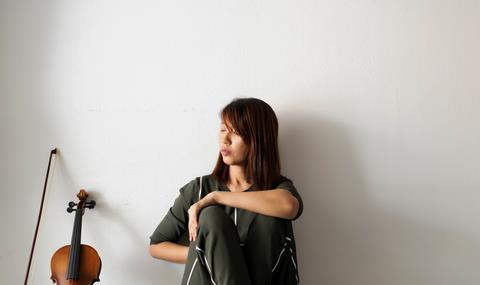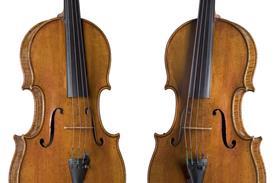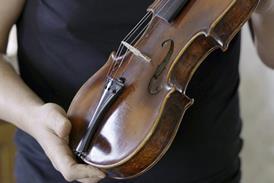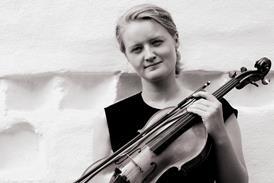The research has found musicians who are parents, especially women, are at a financial disadvantage and under pressure to subsidise earnings

Read more news articles here
New research has been released suggesting that professional musicians who are parents and carers are at a financial disadvantage due to outdated work practices.
The research carried out by charity Parents and Carers in Performing Arts (PiPA) and Birkbeck, University of London with the support of the Musicians’ Union and Help Musicians UK, has found that the classical music industry is at risk of losing talent and decreasing in diversity unless it improves employment practices to be more inclusive of its parents and carers, but in particular women.
The research, entitled Bittersweet Symphony, found that self-employed women (85% of who are parents and carers) earned £8,000 less than their male counterparts and that 82% found managing work and family commitments as moderately to extremely stressful.
’The report highlights deeply ingrained, traditional working practices that were originally designed to meet the needs of the “stereotypical” affluent man, with a partner at home to look after the children,’ Cassie Raine, co-founder of PiPA said. ’The industry needs to find better and more inclusive mechanisms to support and develop its talented workforce.’
The report has garnered support from numerous classical musicians, including violinists Tasmin Little OBE and Anna Phoebe. ’Musicians spend years honing and refining their craft, yet they frequently find that their career becomes more precarious when they become parents,’ said Little. ’This is especially the case for freelance women. Childcare is expensive and usually geared towards a “normal” 9-5 working day, which is something that performing musicians never have.’
’It’s a huge juggle being both a parent and a freelance musician,’ agreed Phoebe. ’There can be a lot of uncertainty, which makes it difficult to plan. It’s great to highlight the needs of parents and carers across music through this important research. I welcome PiPA’s research which highlights the extent of the challenges that parents and carers face in the industry.’
Both highlighted the need for artists to create work from a wide range of lived experiences. ’Bringing that depth of experience to life through music is what gives performance its nuance, poignancy and strength,’ said Little, while Phoebe commented, ’If we want a more diverse music industry inclusive of people with caring responsibilities from all walks of life, we must take vital steps towards real, lasting culture change.’
’This report makes a strong case for flexible and inclusive working practices that would benefit not just parents and carers, but everyone who values and appreciates the creative industries,’ concluded Little.
The research named aspects of freelance employment such as lack of flexibility and scheduling; lack of affordable, flexible, ad-hoc childcare; the logistical and financial demands of touring and working away as ‘carrier-barriers’ for musicians who are parents. Of the musicians interviewed, women were twice as likely to turn down work due to caring responsibilities and many complained of the ’need to meet inflexible demands of additional work, such as teaching, in order to subsidise earnings as a musician.’
40% of respondents were thinking of leaving their careers in music. ’We are haemorrhaging talent at all levels in the music industry due to lack of support and policies in place for parents and carers. This has had a snowball affect across the sector where we a see blatant lack of understanding to the current needs of the music workforce,’ Charisse Beaumont, CEO of Black Lives in Music said.
’This is an urgent situation that can no longer be ignored. I welcome the Bittersweet Symphony report by PiPA and hope the entire music ecosystem embrace the findings and carry out the recommendations with integrity.’
Among the six recommendations made as a result of the research, is the need to consider and support flexible working both formally and informally and to make inclusion and intersectionality a key focus, as well as ensure continuous recording and sharing of diversity statistics to monitor progress, and to identify potentially vulnerable groups.
443 musicians took part in the research, which was funded by Help Musicians UK, Musicians’ Union The School of Business, Economics and Informatics at Birkbeck University of London and supported by the Association of British Orchestras, Black Lives in Music, Independent Society of Musicians, Liverpool Philharmonic, SWAP’ra, and UK Music.


































No comments yet